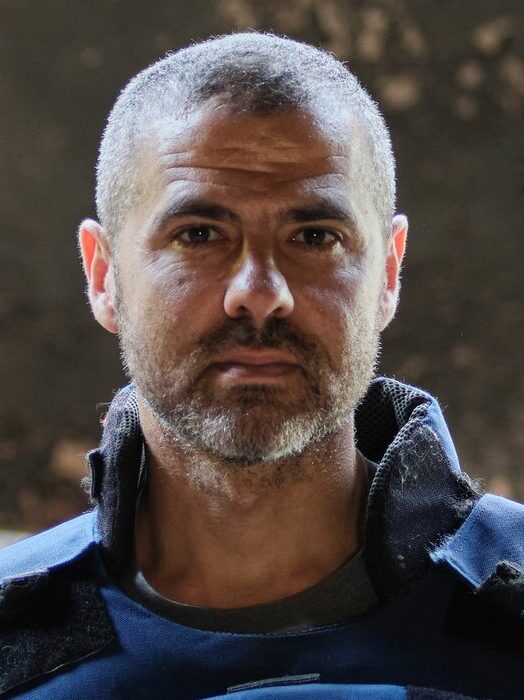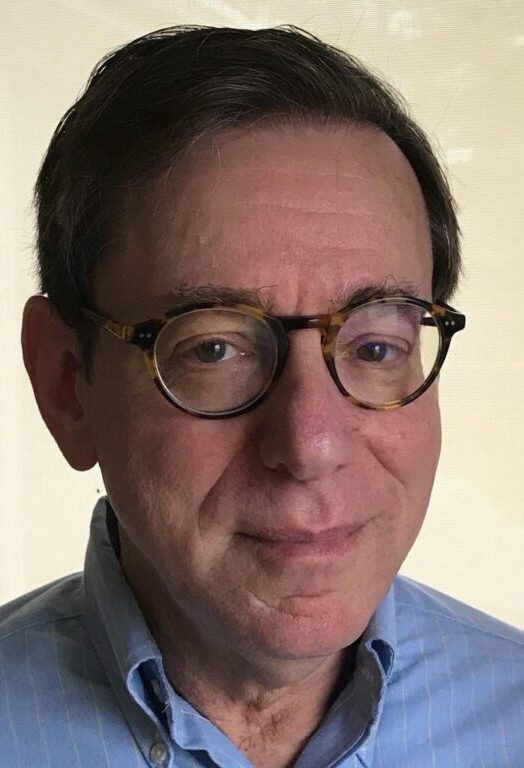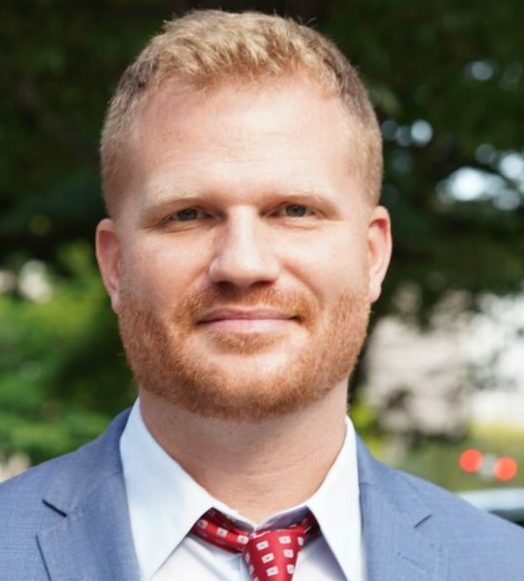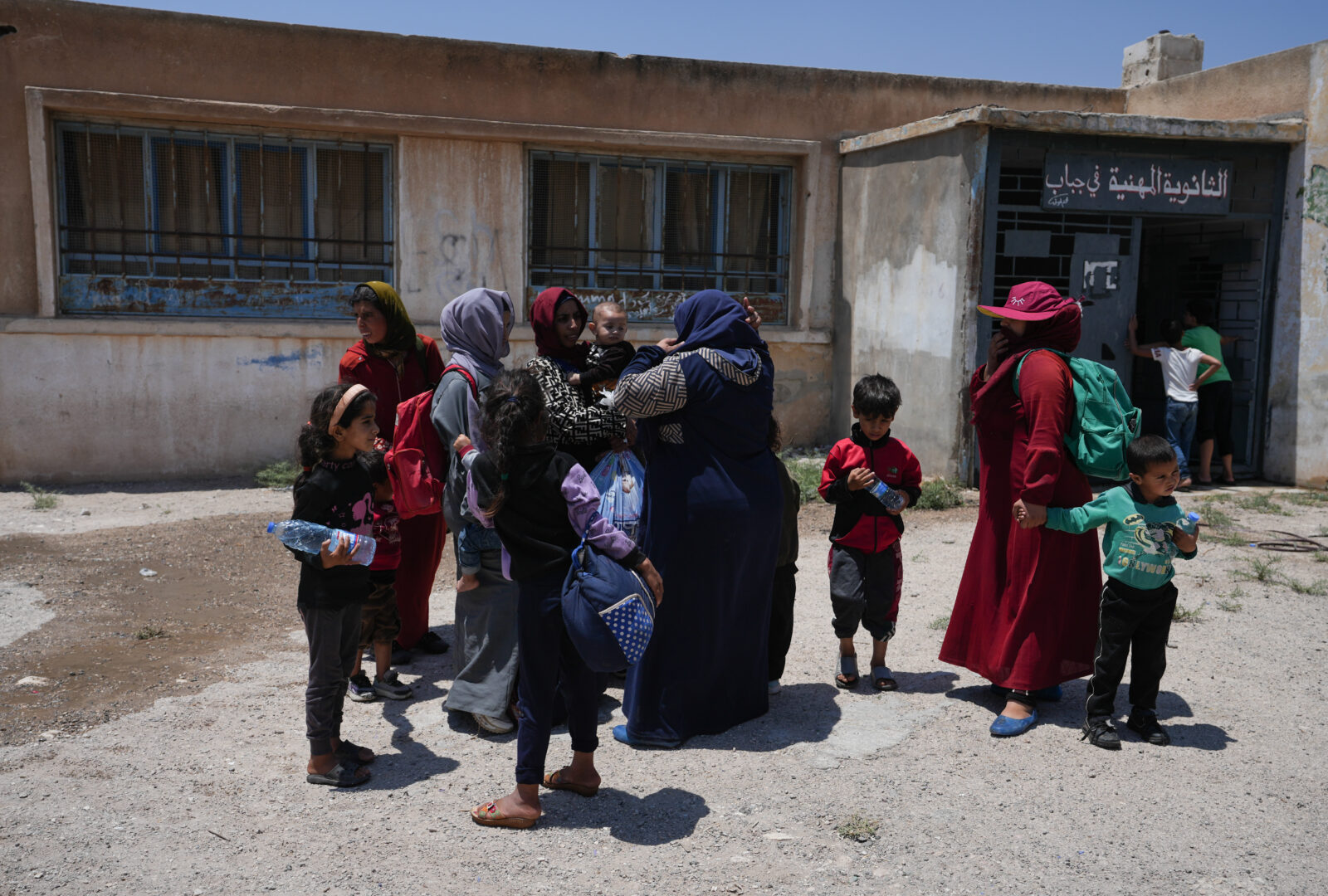Flashpoint Suwayda: What the Druze Uprising Reveals About Syria’s Future
Suwayda has become one of Syria’s most volatile flashpoints. Long seen as a Druze stronghold that remained on the margins of the civil war, the governorate has recently seen fierce clashes involving competing Druze militias, security forces of the new government in Damascus, and Bedouin tribesmen. The turmoil has also drawn in Israel, which, while pursuing its own interests, has cast itself as a defender of the Druze and bombed Syria’s defense ministry in Damascus in mid-July.
How does the new Syrian leadership and its armed cadres view the country’s minorities? What do the clashes in Suwayda reveal about the relationship between Bedouin tribes and Damascus? How significant is Israel’s role? And what might Suwayda’s unrest, along with earlier violence along the Alawite coast, portend for a potential deal between the Kurdish northeast and the central government, or for the larger struggle between centralization and federalism?
The Quincy Institute held a webinar with Los Angeles Times journalist Nabih Bulos, who reported from Suwayda at the height of the violence, and QI senior research fellow Steven Simon, who served on the National Security Council in the Clinton and Obama administrations, to explore the roots of the unrest, the politics of Syria’s minorities, and what these events reveal about the country’s uncertain future. Adam Weinstein, deputy director of QI’s Middle East program, moderated.
Program
Panelists

Nabih Bulos
Nabih Bulos is the Middle East bureau chief for the Los Angeles Times. Since 2012, he has covered the aftermath of the “Arab Spring” revolution as well as the Islamic State’s resurgence and the campaign to defeat it. His work has taken him to Afghanistan, Syria, Iraq, Libya, Turkey, Lebanon, Jordan, Yemen and Ukraine as well as on the migrant trail through the Balkans and northern Europe. He was in Suwayda at the height of the recent clashes between the new Syrian government, Bedouin tribes, and Druze militias, and published several articles in the LA Times as the events unfolded. He was formerly a Fulbright scholar. He is also a concert violinist who has performed with Daniel Barenboim, Valeri Gergyev and Bono.

Steven Simon
Steven Simon is a senior research fellow at the Quincy Institute for Responsible Statecraft and a distinguished fellow and visiting professor at Dartmouth College. He served as the National Security Council senior director for counterterrorism in the Clinton White House and for the Middle East and North Africa in the Obama White House and in senior positions at the U.S. Department of State. Outside of government, he was a principal and senior advisor to Good Harbor LLC in Abu Dhabi and director of the Middle East office of the International Institute for Strategic Studies in Manama. Prior to this, he was deputy director of the IISS in London.

Adam Weinstein
Adam Weinstein is deputy director of the Middle East program at the Quincy Institute, whose current research focuses on security and rule of law in Afghanistan, Pakistan, and Iraq. He is also a non-resident fellow at Tadblab, a think tank and advisory firm based in Islamabad, and regularly travels throughout Pakistan. Adam’s analysis has been featured in the Washington Post, Guardian, Foreign Policy, War on the Rocks, Lawfare, and The National Interest. He served as a US Marine and deployed to Afghanistan in 2012 as part of a detachment to the 2nd Air Naval Gunfire Liaison Company where he served in Uruzgan Province in support of Australia’s 2nd Commando Regiment.


